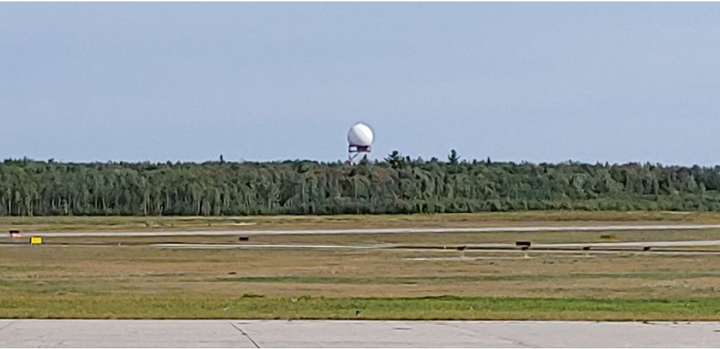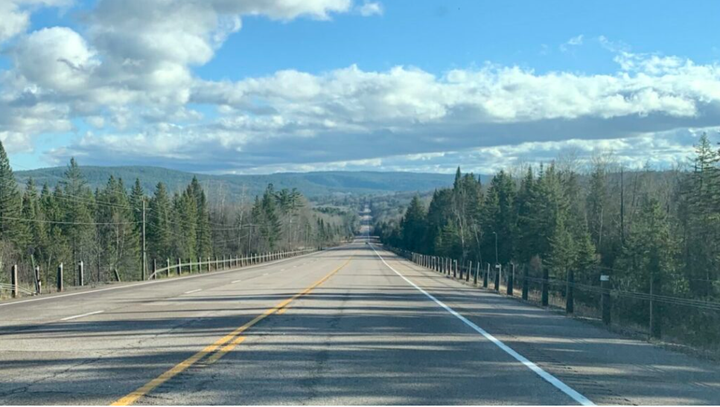Ontario’s 2025 Wildland Fire Season Officially Ends

Province adding 68 permanent firefighting and support staff positions to protect communities from wildland fires next season
As the 2025 fire season ends, Ontario’s fire crews, aviation services and support staff responded to 643 fires between April and October with 597,654 hectares burned. While the 2025 fire season began with an early active start, the coordinated efforts of frontline staff, municipalities, Indigenous communities and firefighting crews ensured a rapid response to protect people and communities from wildland fires.
“I am grateful to every single member of our wildland fire response team, the heroes that dedicate their lives to protecting Ontario during fire season,” said Mike Harris, Minister of Natural Resources. “From battling fires on the ground to coordinating evacuations by air, our government is proud of the FireRangers, pilots and those behind the scenes who demonstrated bravery and dedication while responding to fires in Ontario and across the country.”
With the rest of Canada also experiencing a demanding fire season, Ontario extended support to our partners, with over 400 fire personnel and six aircraft supporting firefighting in British Columbia, Manitoba, Saskatchewan, Nova Scotia, Newfoundland and Labrador, New Brunswick, as well as south of the border in Minnesota.
As this year’s fire season ends, Ontario is now turning its focus to ensuring provincial fire crews are ready to respond next fire season. The government is strengthening and protecting the wildland fire program for the long-term by adding 68 permanent firefighting and support staff positions for the 2026 fire season and investing over $500 million to purchase six new De Havilland, DHC-515 waterbombers to expand Ontario’s air fleet, which are expected to arrive in the early 2030s.
“Each season brings lessons that help us strengthen our response and preparedness. I’m especially proud of how everyone came together to protect Ontario and help our neighbours across the country during this year’s wildland fires,” said Jill Dunlop, Minister of Emergency Preparedness and Response. “Alongside fire crews and emergency responders, Ontario Corps volunteers assisted with evacuations and shipped vital equipment to affected communities. By working together, we showed we are ready to face whatever challenge comes our way.”
The province will continue to build on recent investments in the wildland fire program. This includes the 100 permanent positions that were filled in 2024 and 2025 and investing $64 million with the federal government for upgraded equipment, training and modern fire suppression tools.
The 2026 fire season will begin on April 1, 2026.
Quick Facts
- Ontario’s legislated wildland fire season runs from April 1 to October 31; however, fire activity may continue into late fall this year and crews will remain ready to respond.
- In 2024, Ontario recorded 480 fires and nearly 90,000 hectares burned. The ten-year average for Ontario is 712 fires and 210,234 hectares burned.
- Ontario is a proud member of international mutual aid agreements and will continue to support its partners during periods of escalated wildland fire activity.
- During the 2025 season, Ontario received additional support from British Columbia and Wisconsin fire crews, along with firefighting aircraft and equipment from Quebec, Alberta and New Brunswick.
- In May 2025, the Ontario government re-introduced the Resource Management and Safety Act, 2025 and if passed, the amendments would strengthen collective responsibility for wildland fire management, improve risk awareness, enhance prevention, mitigation, preparedness and response, and enforce stronger wildland fire compliance measures.



